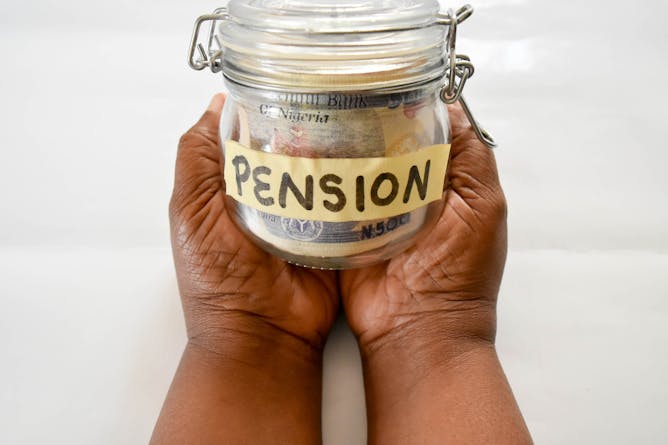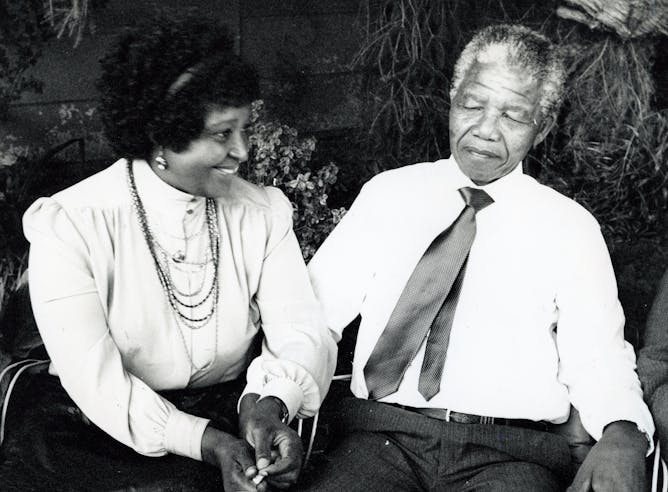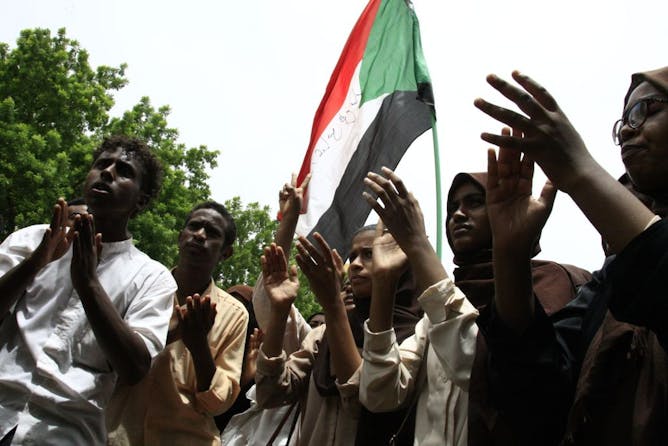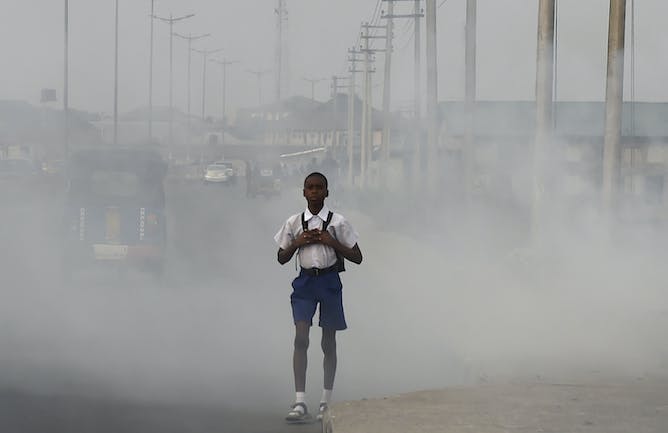|
Less than 10% of workers in sub-Saharan Africa save for their old age. This is the lowest rate for any region in the world. A big driver is the nature of work on the continent: most opportunities are low-paying and informal jobs. Owen Nyang’oro shares insights into the worrying situation and provides suggestions on how to fix it.
Nelson Mandela and Winnie Madikizela-Mandela helped lead South Africa to democracy after relentless persecution by apartheid forces throughout their married life. They have come to occupy a mythological place in South African history. Now a major new book about their relationship explores their humanity, warts and all, yet also considers how they played a hand in building their own myths. Jonny Steinberg discusses his latest work.
|

Owen Nyang'oro, University of Nairobi
The number of elderly people in need of support in Africa is projected to grow at annual rates above 3% up to 2050.
|

Jonny Steinberg, Yale University
Jonny Steinberg talks about his intimate double biography of the famous South African leaders.
|

Kuyok Abol Kuyok, University of Juba
Sudan’s university students have played a key role in liberation struggles.
|

Anthony Idowu Ajayi, African Population and Health Research Center; Elita Chamdimba, University of Malawi
In addition to motherhood these girls experience social inequality, chronic stress, violence, and food insecurity. When teenagers become mothers, their adversities are compounded.
|

Gabriel Okello, University of Cambridge; Meelan Thondoo, University of Cambridge
La pollution atmosphérique est à l'origine de nombreux décès en Afrique .Toutefois, la situation peut changer si les gens apprennent à se protéger et à demander des comptes à leurs dirigeants.
|
From our international editions
|
-
Neil Saunders, University of Greenwich
When you stop treating AI as another human, you’ll get on with it better.
-
John Spencer, University of East Anglia
Here’s how to get babies and toddlers chatting.
-
Gareth Dorrian, University of Birmingham
New research suggests Saturn’s rings may be surprisingly young.
-
Jose Caballero, International Institute for Management Development (IMD)
Alliances around the Ukraine war have highlighted fragmenting support for the west.
|
|